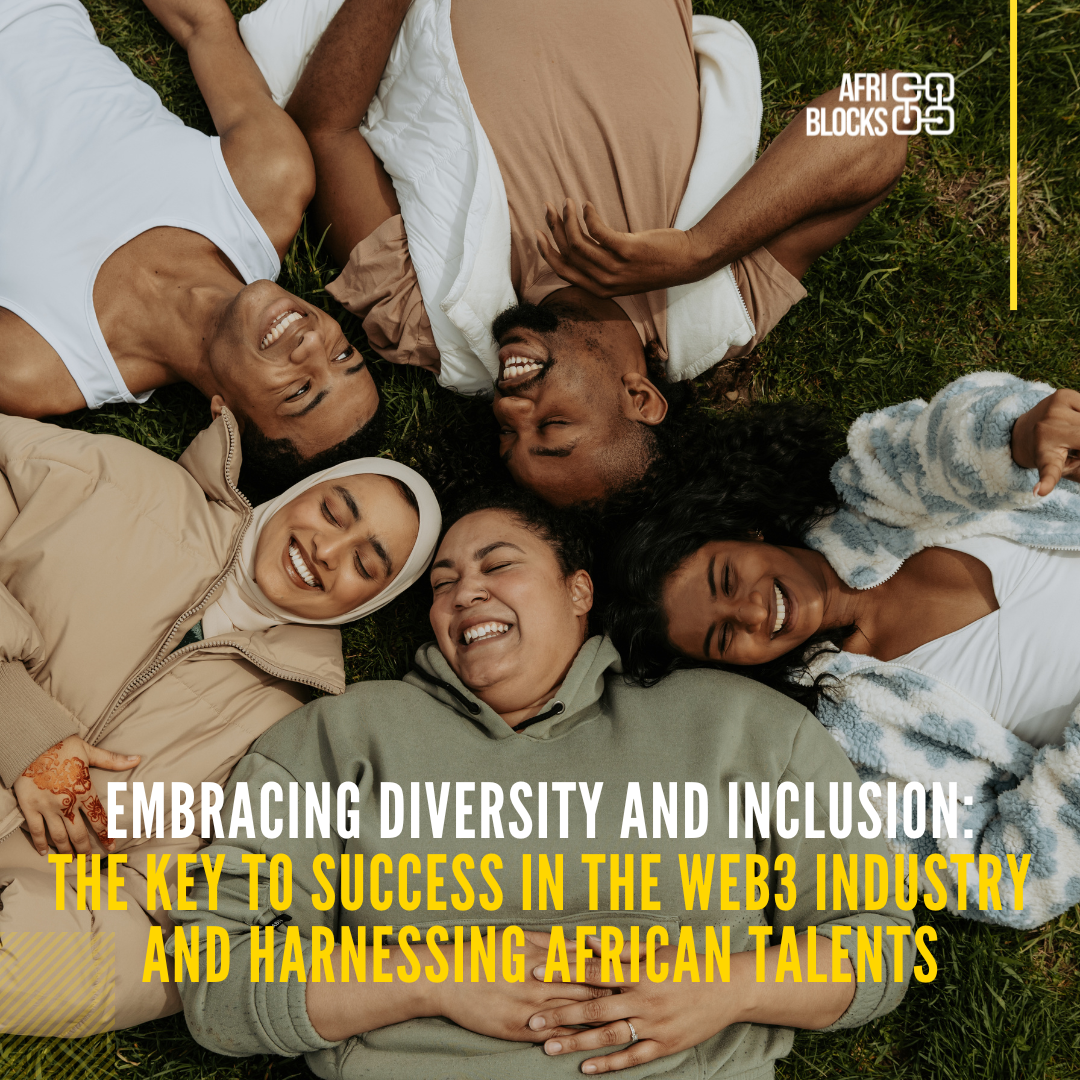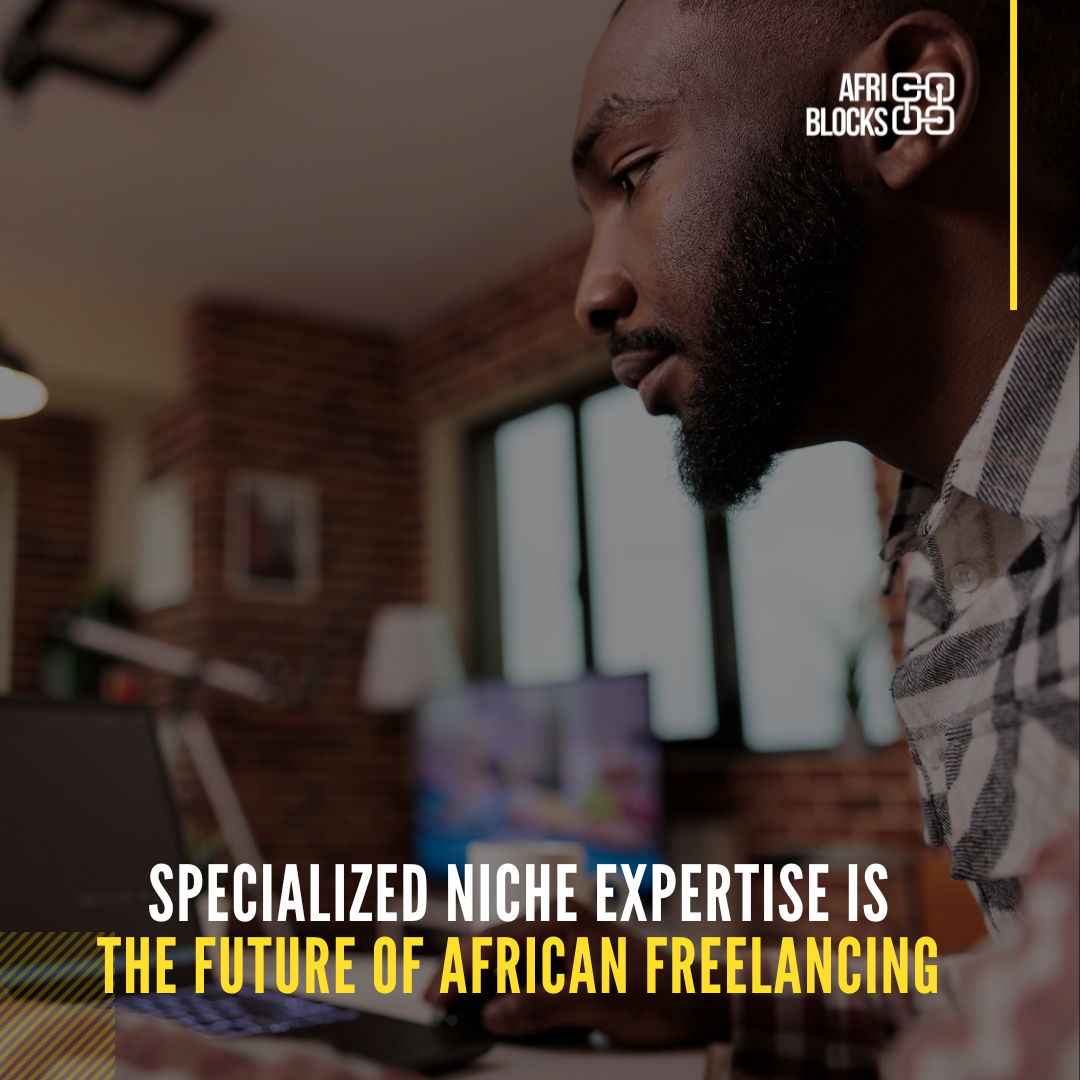
AfriBlocks Network
Digital technology has created a compact global village where cultural competency is an important part of our daily lives. Organizations that develop an understanding and awareness of different cultures have a better chance of achieving the results that they desire. Africa carries the youngest population in the world and naturally, the continent is in position to be a primary source for the world’s human resource needs.
It is important to note that Africa is a vast continent that carries several different cultures and subcultures and therefore, there is no blanket approach to understanding African professionals and their cultural principles. Africa is home to a hugely diverse range of cultures, languages, and customs. With over 1.4 billion people living across 54 countries, the diverse cultures of Africa include traditional African religions, Arabic and Islamic cultures, colonialism of Europe, and more recently Western influences. Each region has its own unique language, religions, foods, music, and art forms, which contribute to the amazing cultural diversity of Africa.
Culturally competent organizations strive to honor and respect the different cultural backgrounds of individuals within their organization or whenever they interact with people outside. It is important because it encourages organizations to create an environment in which all individuals, regardless of their cultural backgrounds, can thrive. In order to become culturally competent, organizations should ensure that their hiring practices, training, and internal policies are respectful of diverse cultures. Additionally, organizations should make sure to actively seek out and work with employees, customers, and suppliers of different backgrounds in order to increase cultural competency. They should also foster an environment in which individuals of diverse backgrounds can communicate openly and freely without feeling belittled or ignored.
When employees and customers feel respected, valued, and included, they are more likely to take part in meetings, actively contribute to projects, and be more productive overall. Historically, African professionals have been under-appreciated and organizations which take that fact into account are likely to have better success with African freelancers. Being aware of these facts, and understanding cultural backgrounds, will ultimately benefit the organization because it allows them to realize the full potential of their workforce, as well as build and deepen relationships with customers. Most importantly, it allows a business to remain competitive in today’s increasingly diverse marketplace.
How to find African freelancers
Finding freelancers from Africa that can join your team can be incredibly beneficial - not just to take advantage of their unique skills, but to tap into new markets and broaden your talent pool. To start your search, AfriBlocks can help you to find African freelancers with the skills you need. The network is home to thousands of African freelancers that have been vetted and are supported by the technology they need to work with organizations from anywhere in the world. Additionally, you can identify African organizations and entrepreneurs through networks like LinkedIn and reach out to them to get introductions to the right candidate. You can also reach out to fellow entrepreneurs, industry leaders, and freelancers to get personal referrals of talented professionals from across Africa.
The African continent is becoming increasingly prominent in the global talent market due to its vast pool of qualified and skilled professionals. Not only is this talent drastically affordable compared to the rest of the world, but they also come with unique cultural perspectives that can boost creativity and bring diverse solutions to the table. With the increasing tech and startup scene in African countries, recruiting talent from the region is becoming increasingly attractive. By putting together a team of talented African freelancers, you can not only gain valuable skills but also gain access to new markets, innovative ideas, and diverse perspectives.
Making cultural competency a priority in any organization is essential to fostering a diverse and successful workforce. Organizations should commit to creating awareness of different cultures and increasing understanding among employees. This can include providing cultural training, establishing workforce resources, and supporting initiatives that have social, economic, and educational benefits for minority communities. Additionally, it's important to ensure organizational policies such as performance reviews, job assignments, and promotion processes are fair and equitable. Creating a culturally competent organization helps create a supportive and respectful environment that celebrates diversity and maximizes creativity and collective talent.










